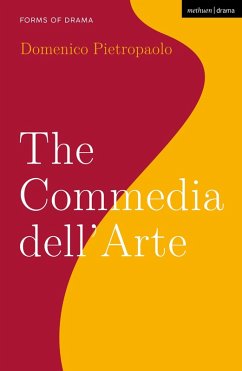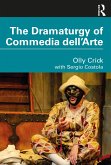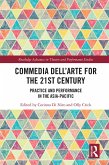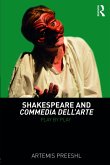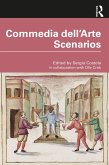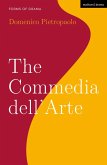What were the origins of commedia dell'arte and how did it evolve as a dramatic form over time and as it spread from Italy? How did its relationship to the ruling ideology of the day change during the Enlightenment? What is its legacy today?
These are just some of the questions addressed in this authoritative overview of the dramatic, ideological and aesthetic form of commedia dell'arte. The book's 3 sections examine the changing role of performers and playwrights, improvisatory scenarios and scripted performance, and its function as a vehicle for social criticism, to offer readers a clear understanding of commedia dell'arte's evolution in Renaissance Italy and beyond. This study throws new light on the role of women performers; on the changing ideological discourse of commedia dell'arte, which included social reform and, later, conservatism as well as the alienation of ethnic minorities in complicity with its audience; and on its later adaptation into hybrid forms including grotesque dance and the giullarata typified by the work of Dario Fo.
These are just some of the questions addressed in this authoritative overview of the dramatic, ideological and aesthetic form of commedia dell'arte. The book's 3 sections examine the changing role of performers and playwrights, improvisatory scenarios and scripted performance, and its function as a vehicle for social criticism, to offer readers a clear understanding of commedia dell'arte's evolution in Renaissance Italy and beyond. This study throws new light on the role of women performers; on the changing ideological discourse of commedia dell'arte, which included social reform and, later, conservatism as well as the alienation of ethnic minorities in complicity with its audience; and on its later adaptation into hybrid forms including grotesque dance and the giullarata typified by the work of Dario Fo.

